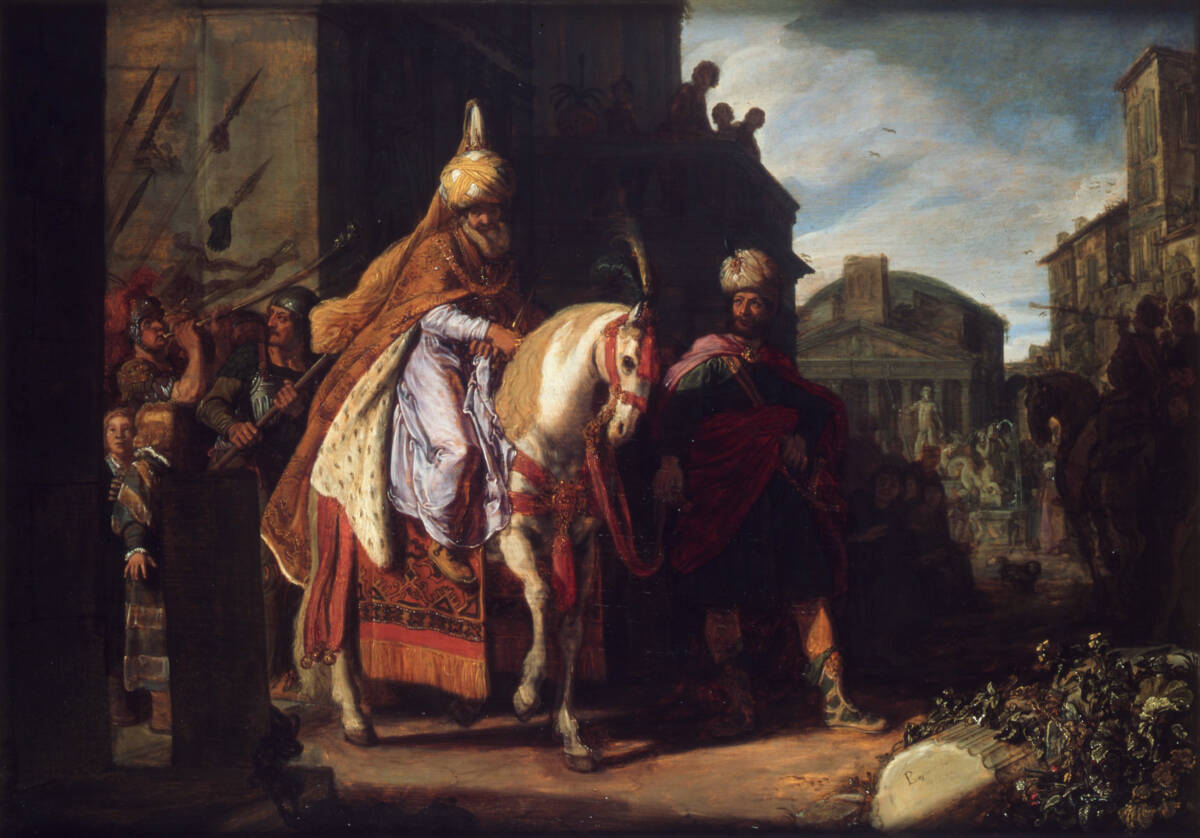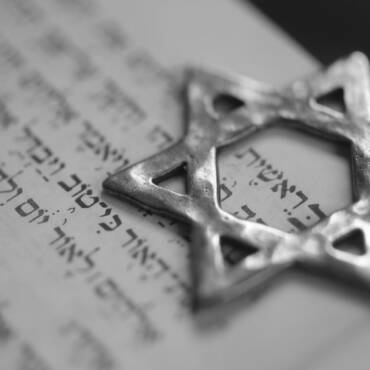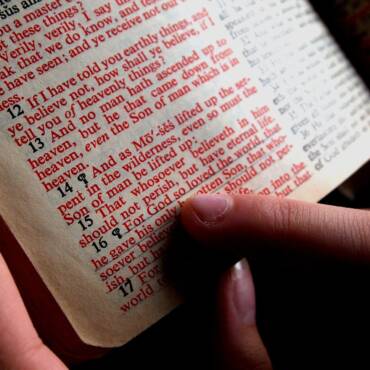The Spiritual Challenges of Purim

Every year on the 14th of Adar (March) Jewish people around the world celebrate Purim (“Lots”). We learn about Purim in the book of Esther.
This book is unique in the Bible in that the name of God is never mentioned. The events described in the book of Esther take place 50 years after Cyrus permitted the Jewish people to leave Babylon and return to the Promised Land (2nd Chronicles 36:22-23, Ezra 1:1-4), and is written about those Jews that did not heed the call of God and return to the land of Israel.
Esther and Mordecai were among those who, out of convenience or preference, decided to remain in Persia and not return to the land of Israel. Although God is faithful to His promises and will always providentially secure His people, nonetheless neglecting God’s call may lead to a downward spiritual spiral. Consider Esther’s response to Mordecai when given the news of an official decree of her people’s destruction; and that she is their apparent hope:
“All the king’s servants and the people of the king’s provinces know that for any man or woman who comes to the king to the inner court who is not summoned, he has but one law, that he be put to death, unless the king holds out to him the golden scepter so that he may live. And I have not been summoned to come to the king for these thirty days” (Esther 4:11).
With her people’s existence threatened, why does Esther respond in such a self-serving manner? The point is not to merely sit in judgement: she is no worse than any of us! But she is one of us and, like any of us, Esther was concerned more for her own safety than the safety of her people.
What made such a change in Esther that she would risk it all to help her people? The truth of Mordecai’s challenge encouraged Esther’s timid heart.
We Cannot Insulate Ourselves from God
First, he challenged the false security of her perception: “Do not imagine that you in the king’s palace can escape any more than all the Jews.” Esther could not live in a fantasy world where her cowardice would provide a means of escape. The foolish find their sense of satisfaction, significance, and even their feeling of security in their vain imagination (Proverbs 18:11). This vanity of the mind assumes our disobedience to God will actually be our protection. People believe that their lies will protect – even promote them. However, we cannot insulate ourselves from God.
God’s Promises can Satisfy our Desires
Finally, Mordecai challenged the false security of Esther’s position: “Who knows whether you have not attained royalty for such a time as this?” Esther had married Ahasuerus, the most powerful man of his time. Did she think that this marriage and queenly position would provide her with the security her soul needed? Sometimes people marry to fulfill their lives only to find that they are still just as lonely and empty. Neither marriage nor career, nor wealth can fulfill a life. It is not the palace, but the promises of God which can satisfy our desires.
As the Scripture states, “My God shall supply all your needs through His riches and glory in Messiah Yeshua” (Phil. 4:19), and “We are more than conquerors through Him who loved us” (Romans 8:37). Earlier she was indifferent to Scriptural details. Since Esther was Jewish, she would have kept dietary restrictions according to the Law of Moses. However, the food that would have been provided in the king’s palace was definitely not kosher. When she was provided with food, she did not refuse (Esther 2:9).
God can use anyone and, in this case, brought problems to break up Esther’s self-centered life. God permitted Haman, a vicious anti-Semite to shake Esther’s world.
One Last Challenge
Though Mordecai exhorted her to intercede with the king on behalf of her people, Esther wanted no part of any plan that would endanger her. It was risky to go uninvited into the king’s presence. The ancient Greek historian Herodotus confirms this Persian custom that anyone who approached the king uninvited would be put to death – unless pardoned by the king. Mordecai had one last challenge for the Queen.
“Do not imagine that you in the king’s palace can escape any more than all the Jews. For if you remain silent at this time, relief and deliverance will arise for the Jews from another place and you and your father’s house will perish. And who knows whether you have not attained royalty for such a time as this?” (Esther 4:13-14)
As a result of Mordecai’s exhortation, Esther repented, pleaded to the king on behalf of her people’s welfare and the Jewish people were then preserved from extinction one again (Esther 4:15-16; 7:3-6; 9:20-25).
True Security
Our jobs, status in life, wealth, and connections are not our security, but more opportunities to share the Messiah. Our only true security is in our saving relationship with God. Let us not live as if we believe otherwise. Esther’s position as Queen was not her security, but the opportunity providentially given by God. The most secure place is not within the walls of a palace, but in the will of God. Esther’s problem was imagining the fantasy of a spiritual middle ground, but there is no middle ground with God.
Praise the Lord that Esther finally repents – “I will go into the king” (Esther 4:16). God brought a disobedient woman to repentance in order to save His people and demonstrate His faithfulness.
Do Not Keep Silent
What then is the message of the Purim story? Simply this: God is faithful to keep His people by using any ordinary person who will repent, trust, and serve Him. God wants to use you today just as He used Esther long ago. Perhaps Mordecai’s Purim challenge to Esther is God’s challenge to you as well. Be spiritually pro-active in life – in your family, community, and congregation. Do not keep silent; rather, share God’s love in Yeshua with others.
(Excerpted from Sam’s Messiah in the Feasts of Israel book, now available at: https://wordofmessiah.org/bookstore/)




Add Comment